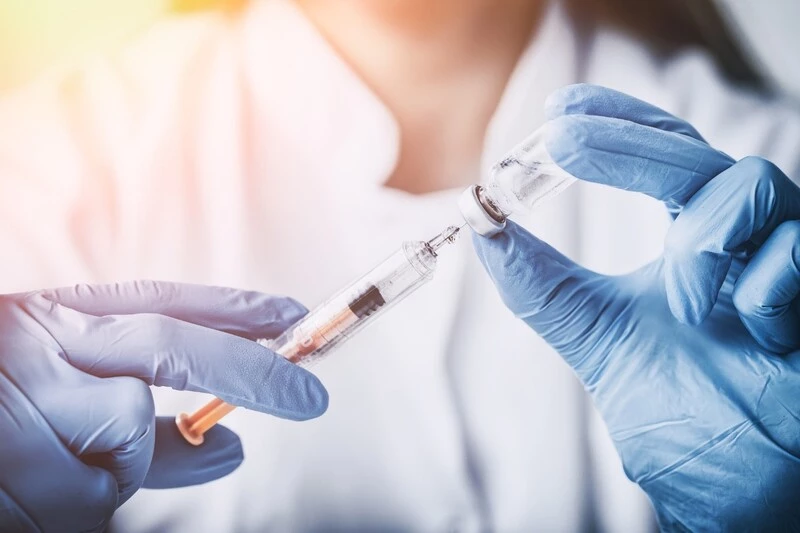The Covid-19 pandemic has resulted in a global race to develop tests that can accurately identify the virus. These tests fall into two main categories: diagnostic and screening.
Diagnostic tests like Healgen Antigen test are used to confirm whether a person has an active Covid-19 infection. These tests usually involve taking a sample from the patient, such as a swab of the nose or throat, and then the test shows the presence or absence of the virus.
Screening tests are used to identify people who may have been exposed to the virus but do not have any symptoms. These tests usually involve a simple finger-prick blood test that can be done at home.
With this in mind, let us look at the main types of Covid-19 tests that are currently available.
Table of Contents
Rapid Antigen Tests
Rapid antigen tests are a type of Covid-19 test that can provide results in as little as 15 minutes. These tests work by looking for pieces of the virus that are present on the surface of infected cells.
This is how the test works:
A sample of your nose and throat secretions is collected with a swab. The swab is then placed in a vial of liquid that will break open the cells and release any viral material that is present.
The solution is then placed on a test strip, which contains antibodies that will bind to the pieces of the virus. If the strip changes color, it means that the viruses are present and you have Covid-19.
One advantage of rapid antigen tests is that they are less expensive than other types of tests, such as PCR tests. Additionally, rapid antigen tests can be administered without the need for special equipment or trained personnel.
However, it is important to seek professional medical advice before taking a rapid antigen test as they may lead to false negatives in some cases.
Polymerase Chain Reaction (PCR) Tests
PCR tests are the gold standard for diagnosing Covid-19. They are very accurate and can detect even small amounts of the virus. PCR tests usually involve taking a swab from the patient’s nose or throat and then testing it in a laboratory for the presence of the virus.
This is how PCR works:
The sample is first treated with a chemical that makes the viral DNA easier to copy. This is called amplification.
The sample is then placed in a machine called a polymerase chain reaction (PCR) machine, which makes millions of copies of the viral DNA.
The PCR machine then detects the presence of the virus by looking for specific genetic markers. If these markers are present, it means that the person has an active Covid-19 infection.
PCR tests are the most accurate type of Covid-19 test currently available, but they have some drawbacks. They are expensive and time-consuming and require specialized equipment and trained personnel to administer.
Antibody Tests
Antibody tests are used to detect whether a person has been infected with the Covid-19 virus in the past. These tests usually involve taking a blood sample from the patient and then testing it for the presence of antibodies against the virus.
Antibodies are proteins that are produced by the immune system in response to an infection. They help to destroy the viruses and bacteria that cause infections.
If a person has been infected with the Covid-19 virus, they will have antibodies against it in their blood. This means that antibody tests can be used to detect people who have had the virus even if they don’t have any symptoms.
Antibody tests are not as accurate as PCR tests, but they are much easier to administer and don’t require specialized equipment.
Regardless of the type of test, it is important to seek professional medical advice before taking a Covid-19 test. This is because false positives and negatives can occur in any test, especially if not administered properly.
Additionally, it is important to remember that no test is 100% accurate and that the results should be interpreted in the context of other factors, such as symptoms and exposure to the virus.
Whether the test comes negative or positive, remember to take all the safety precautions to keep you and your loved ones safe from the virus. Wash your hands regularly, maintain social distancing, and wear a face mask when you are around others. These simple steps can help to prevent the spread of Covid-19 and other diseases.
Read also: How to Make Your Event Covid-Safe and Accessible

